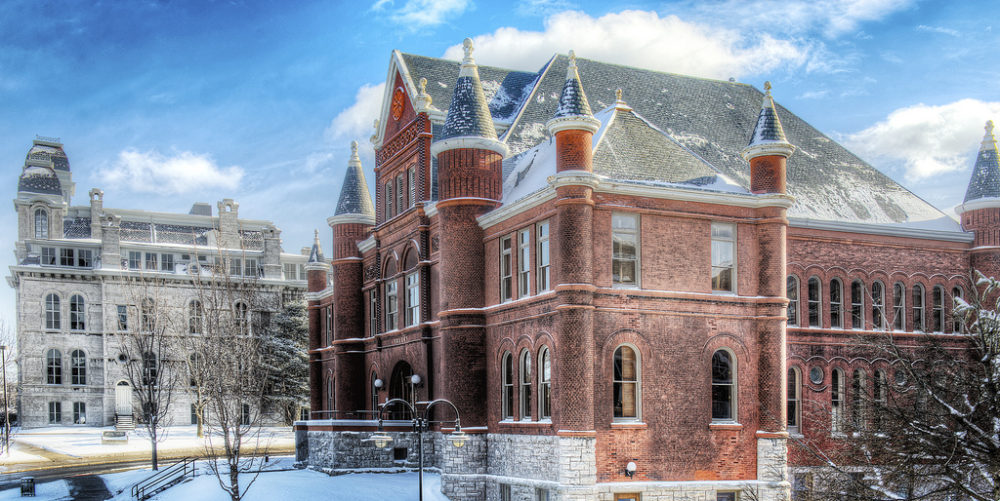I received a Ph.D. in politics from Princeton University in 2008 and a BA in political science from Rutgers University. Prior to my appointment at the Maxwell School, I was a Robert Wood Johnson Scholar in Health Policy Research at the University of California-Berkeley. My primary research interests are in American politics, political psychology, political communication, and experimental methods.
The interest that motivates my research is how the tone and content of the political media environment influences how Americans seek political information and form opinions. In particular, I’m interested in how citizens learn and form attitudes when politics is threatening, whether threats come from terrorism, public health outbreaks, or media and elite rhetoric.
My book with Bethany Albertson, University of Texas, Anxious Politics: Democratic Citizenship in a Threatening World, published from Cambridge University Press, explores how anxiety over policy issues like immigration, public health, terrorism, and climate change affect how Americans seek political information, their trust in government, and public opinion. I also worked with cross-national group of scholars from Norway, Finland, and Spain exploring the effects of terrorism on social capital, societal resilience, and public opinion across four countries. The project is funded by the Norwegian Research Council.
My current book project, co-authored with Sara Wallace Goodman and Thomas Pepinsky, is Pandemic Politics: The Deadly Toll of Partisanship in the Age of COVID is forthcoming in Fall 2022.The COVID-19 pandemic reveals just how deeply Americans are divided by party, and how these differences have real world consequences. Partisanship in the United States does not merely stand for a set of policy goals or ideological predispositions. Instead, in America today, partisanship is a social identity, one that itself guides Americans’ reactions to entirely novel societal challenges like COVID-19. Partisanship shapes how Americans evaluate the pandemic, how they participate in its mitigation, how they assign responsibility for its scope and severity, and how they evaluate politicians’ efforts to contain it. And although partisanship in the United States overlays divides by race, class, and region, we find that partisanship itself rather than these other social and economic divides that is shaping the response to COVID-19. That is the story that our book will tell.
My research has been funded by the National Science Foundation, Robert Wood Johnson Foundation, Russell Sage Foundation, Carnegie Corporation of New York, Norwegian Research Council, Russell Sage Foundation, Campbell Public Affairs Institute, Princeton Policy Research Institute for the Region, and the Bobst Center for Peace and Justice. My work has been published or is forthcoming in the American Journal of Political Science, Journal of Politics, Political Analysis, Political Psychology, Political Communication, Political Behavior, Perspectives on Terrorism, Perspectives on Politics, Politics, Groups, and Identities and edited volumes on experimental methods and political psychology.
